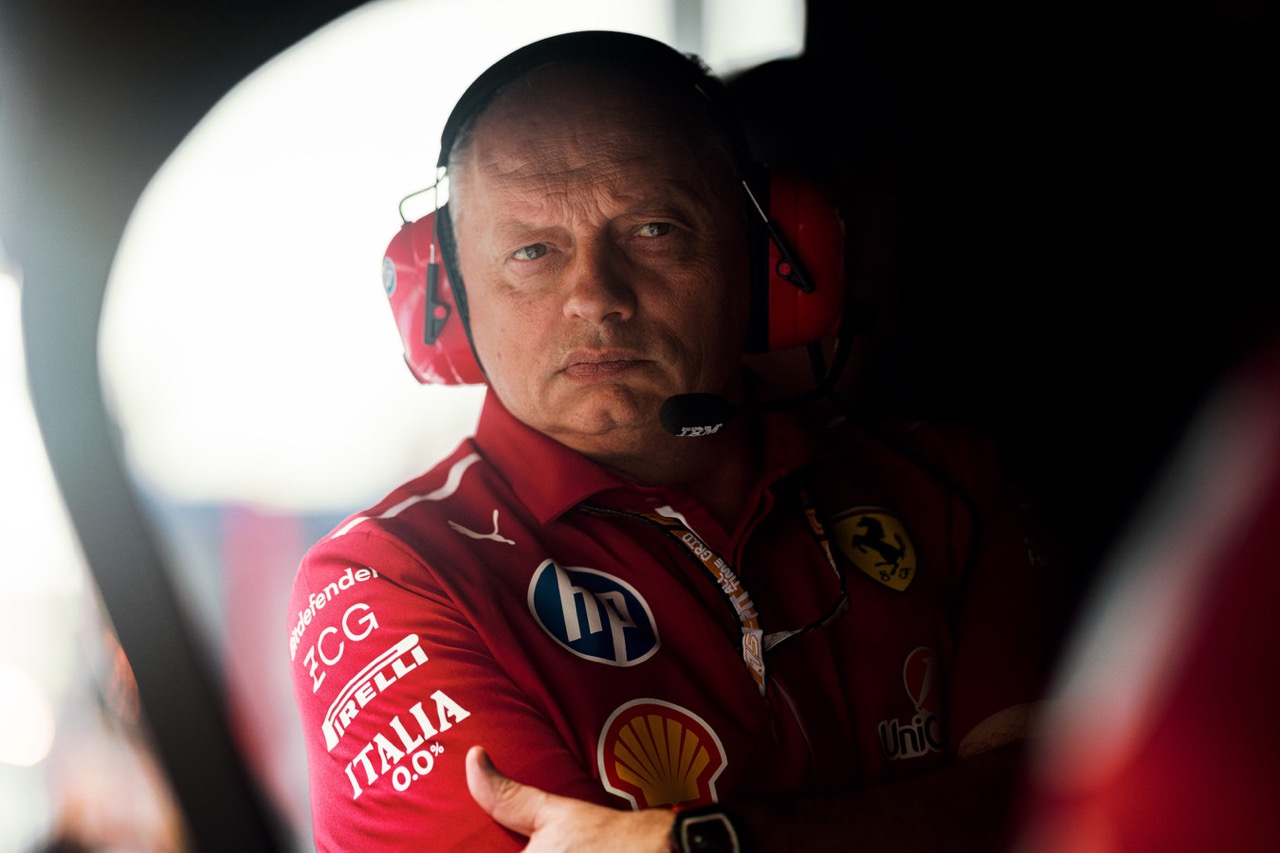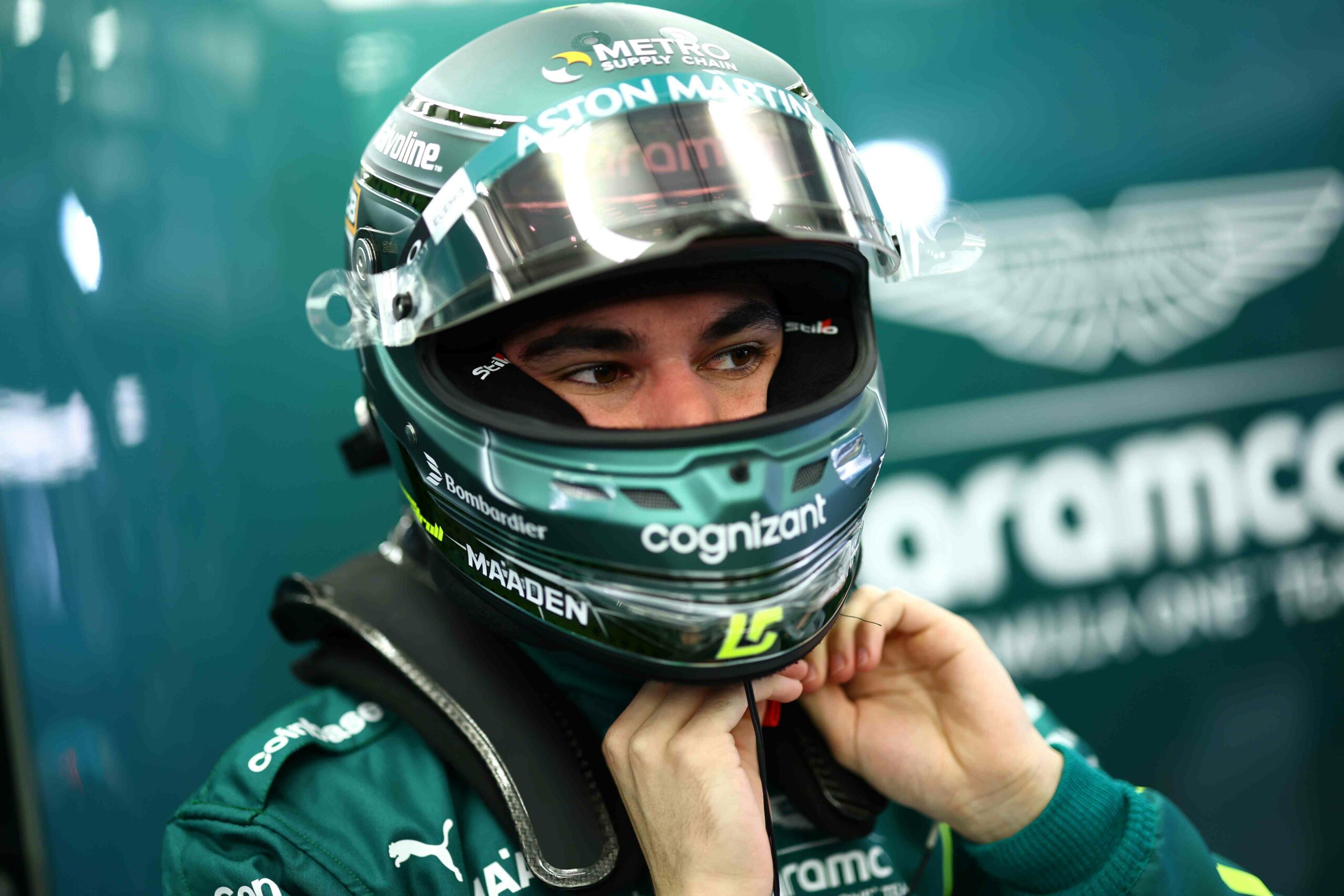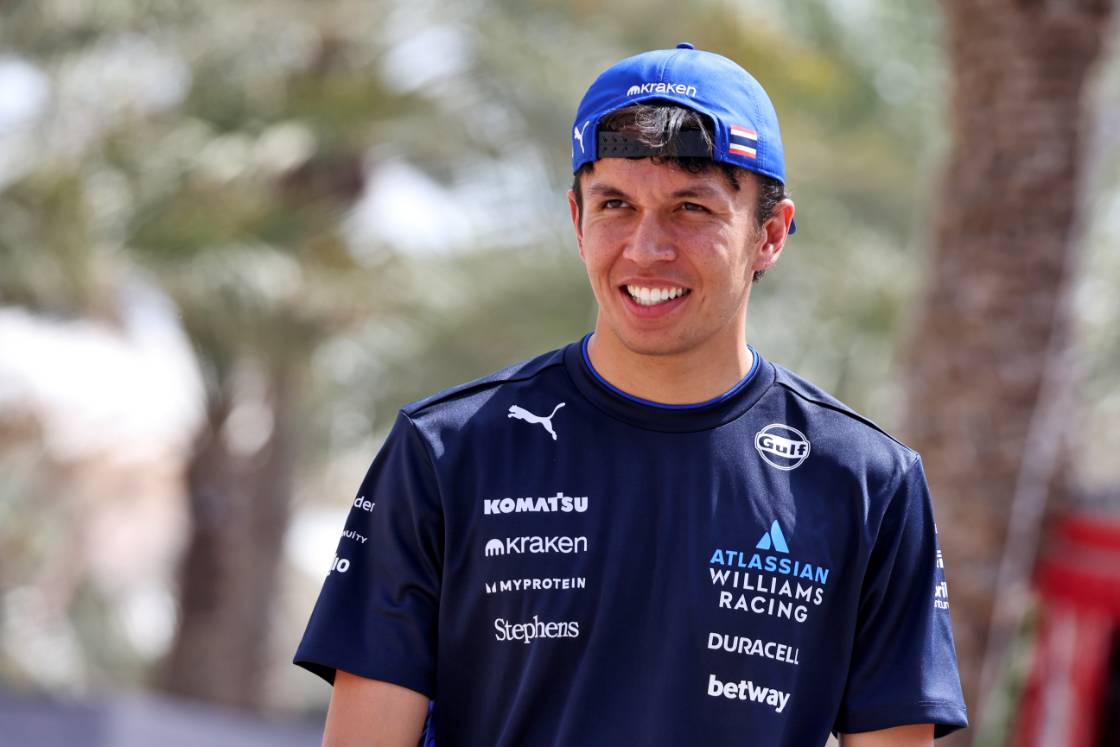November is men’s mental health month. Many men struggle silently with their mental health, although a few of the men in formula 1 are on a mission to make mental health conversations less taboo, by speaking about their own mental health.
In the October of 2021, McLaren’s Lando Norris opened up on live television about his struggles with mental health, emphasising just how easy it is for him to throw on a smile and have everyone believe he is okay.
The Brit spoke on the pressure he felt to perform, and the self-doubt that came with it.
“I guess people, from when they just watch TV, don’t realise many things that a driver goes through”
“Especially at my age, coming into Formula 1 at 19, there’s a lot of eyes on you. So, dealing with all these kinds of things, took its toll on me.”
“So, just all of that, and then just feeling depressed a lot of the time that if I have a bad weekend, I just think I’m not good enough and things like that.”
Norris was very open about speaking with mental health charities and speaking with his team to assist him through his struggles, influencing viewers to do the same.
With his openness in the recent years, backlash for his honest has also followed. Three years after this interview, in the October of 2024, Red Bull’s Helmut Marko used this honesty against Norris, stating he has “some mental weaknesses” when discussing the championship battle between Norris and Verstappen.
Marko made comments on the mental strength of Lando Norris and Charles Leclerc, in comparison to the supposedly superior mental strength of Max Verstappen, in regard to the championship battle.
He stated “Max is the best, he’s the fastest and, above all, he has the mental strength to theoretically fight for the world championship more than Charles Leclerc and Lando Norris”
“We know Norris has some mental weaknesses. I’ve read about some of the rituals he needs to do to perform well on race day.”
These comments were quickly labelled as disgraceful by Formula 1 fans, as well as McLaren CEO Zak Brown. Brown noted he was disappointed but unfortunately not surprised by the comments made by Marko, stating:
“I read Helmut’s comments, which I thought were disappointing but not surprising”
“Lando has been kind of an ambassador for mental health. Toto [Wolff] has spoken about mental health, so I think it’s a serious issue that we’ve tried to talk about and bring to the forefront.”
“Poking at that situation I think is pretty inappropriate and kind of sets us back 10-20 years. But it’s all fun and games in how some people go racing and what tactics they use from a sporting perspective, but I thought that one was pretty poor taste.”
Like his friend Norris, George Russell has recently begun to open up about mental health awareness also. In the pre-race interviews in Imola, Russell chose to be open about his struggles.
Russell stated that even during his teenage years, the pressure of motorsport and chasing his dreams while balancing his life took large tolls on him, although he never thought too much about his mental health or asking for help.
“Maybe through my teenage years when I was going through some challenges and difficult moments myself, pursuing my dream out of school, not a lot of friends or people around me of a similar age, don’t really understand what you’re going through.”
“Then the emotional roller coaster that you’re on during Formula One, even after a good weekend, you land on a Monday morning and there is sort of this emotional hangover and finding ways to deal with that for me is so important, not only for my performance, but just for my own happiness and to enjoy my life.”
He states that he only recently started to focus on his mental health and believes professional psychology has been a great help for him. He continues on to recommend that everyone speak to a professional, even if you don’t feel you need it.
“I think we can all be better off by talking with a professional, even if you do not feel that you need it, but just to talk with somebody to potentially take a weight off your shoulders.”
“I haven’t always been into my mental health. I only started getting into it about a year and a half, two years ago”
“It was only through those conversations that I felt like this is giving me more than just the on-track benefits. I’m coming away from these sessions feeling better about myself, feeling like there had been a weight lifted off my shoulders.”
With continual conversations like these, in everyday life and especially from such influential public figures, we can continue to remove the taboo image from mental health, and make conversations about mental health more common and accepted, saving many lives.
Make sure you are checking on your mates, not just this month but always. You can never truly know what someone is going through.
Lifeline Australia – 13 11 14
Talk Suicide Canada – 1 833 456 4566
Lifeline China – 400 821 1215
International Helpline Berlin – 030 44 01 06 07
988 Lifeline (USA) – 988





